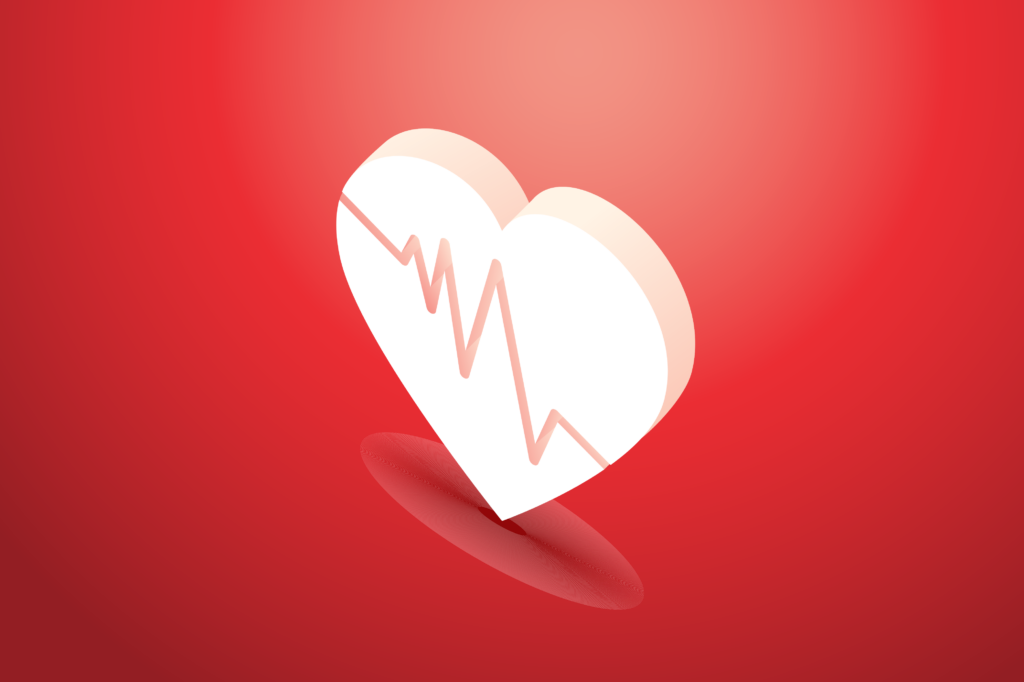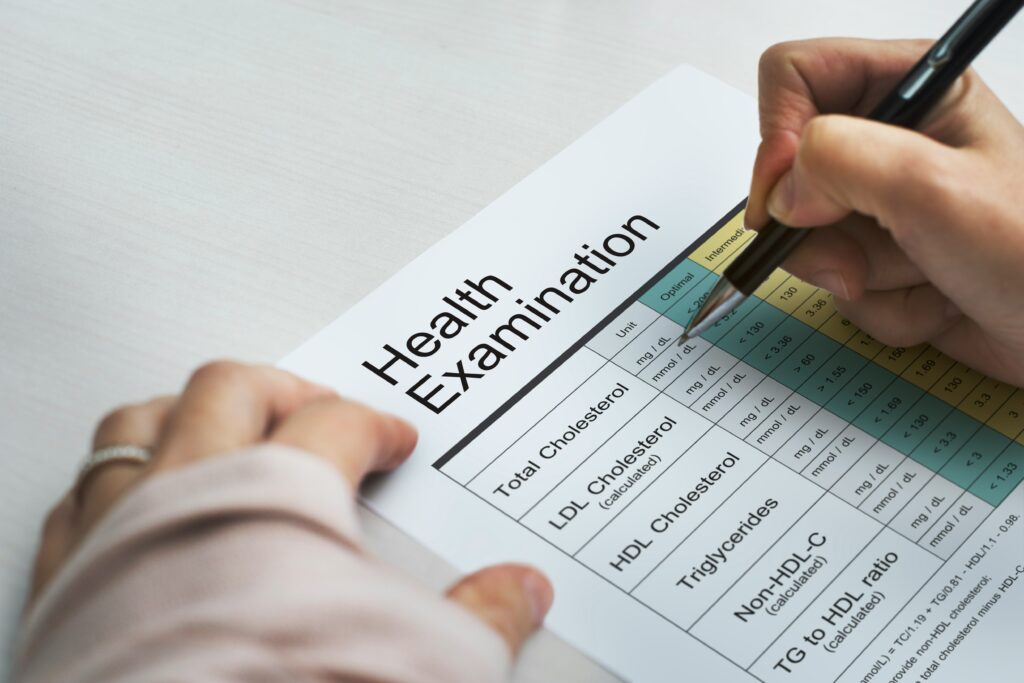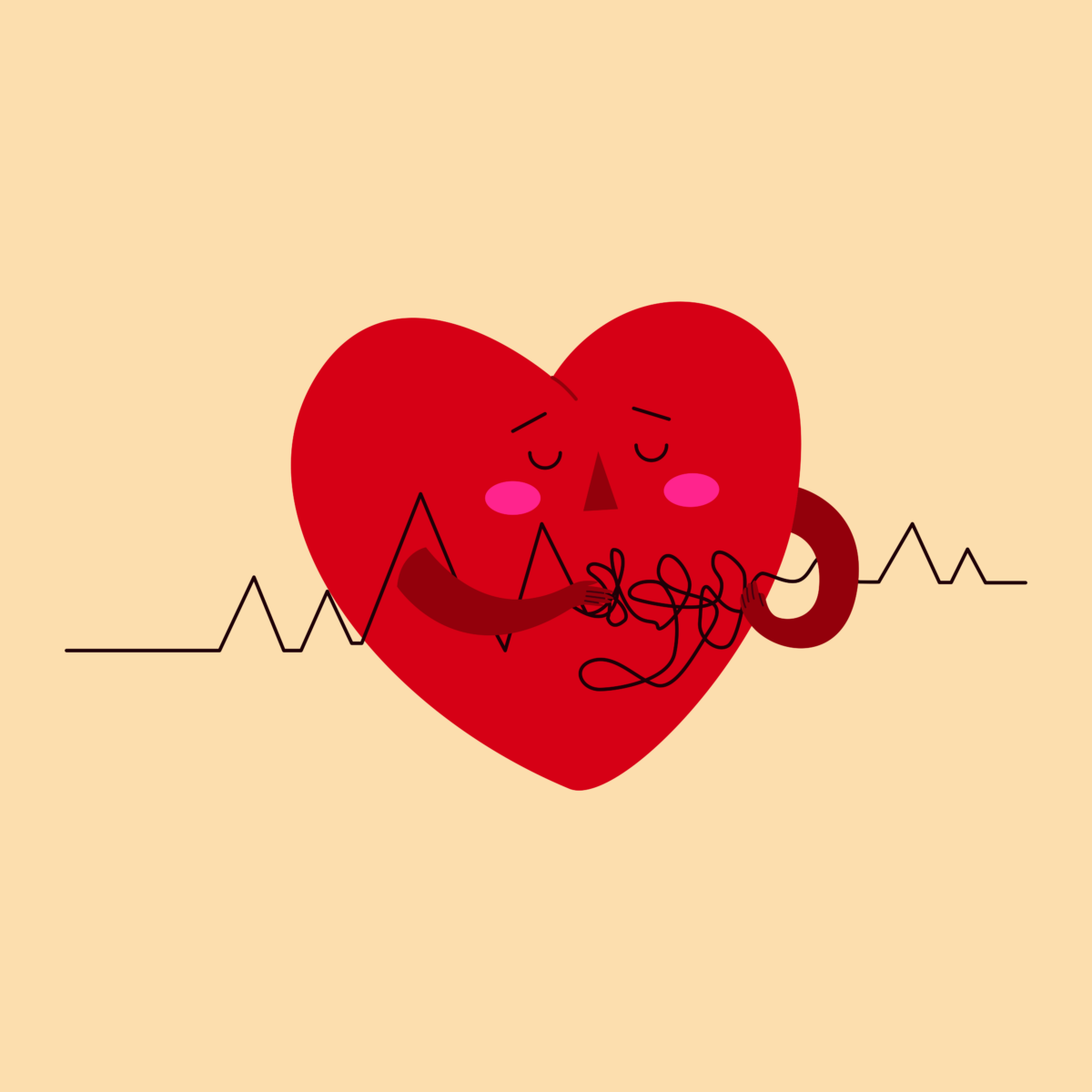Have you ever felt your heart flutter, race, or skip a beat unexpectedly? These sensations, often called heart palpitations, can be startling. While they’re usually harmless, they may sometimes signal underlying health issues. Understanding the causes and when to seek medical advice is key to staying heart-healthy.
What Are Heart Palpitations?

Heart palpitations are feelings of your heart racing, pounding, or fluttering in your chest. You might notice them after exercise, during moments of anxiety, or even while at rest. Palpitations can be caused by changes in the rhythm or force of your heartbeats. They often last for just a few seconds or minutes and might feel like:
- A skipped or extra beat (premature contraction).
- A fluttering or racing sensation.
- A pause followed by a strong thump.
Common Causes of Heart Palpitations

Not all palpitations are cause for concern. Here are some common and typically benign triggers:
1. Stress and Anxiety
When you’re stressed, your body releases adrenaline, a hormone that increases your heart rate. This can lead to a racing or fluttering heart.
2. Caffeine and Stimulants
Coffee, tea, energy drinks, and certain medications can overstimulate your heart, leading to palpitations.
3. Exercise and Physical Activity
High-intensity workouts or sudden bursts of activity may temporarily elevate your heart rate.
4. Dehydration
Low fluid levels can disrupt your body’s electrolyte balance, affecting heart rhythm.
5. Hormonal Changes
Pregnancy, menstruation, and menopause often cause hormonal fluctuations that can trigger palpitations.
When Are Palpitations a Red Flag?

While most palpitations are harmless, some may indicate an underlying medical issue, especially if they occur frequently or are accompanied by other symptoms.
Red Flags to Watch For:
- Chest pain or discomfort: Could indicate a heart attack.
- Dizziness or fainting: May signal low blood pressure or arrhythmia.
- Shortness of breath: Can point to heart or lung problems.
- Prolonged or persistent palpitations: Might suggest a condition like atrial fibrillation (AFib).
If you have any of these symptoms, see your doctor!
Potential Underlying Conditions

If your palpitations persist, a doctor might investigate these conditions:
1. Arrhythmias
An irregular heart rhythm, such as AFib or ventricular tachycardia, can cause palpitations.
2. Thyroid Problems
Hyperthyroidism (overactive thyroid) can increase your heart rate, leading to palpitations.
3. Heart Disease
Coronary artery disease or valve issues might contribute to abnormal heartbeats.
4. Electrolyte Imbalances
Low levels of potassium, magnesium, or calcium can disrupt the heart’s electrical signals.
Managing and Preventing Palpitations

1. Reduce Stress
Incorporate relaxation techniques such as yoga, meditation, or deep breathing exercises into your daily routine.
2. Monitor Stimulant Intake
Limit caffeine, alcohol, and nicotine, which can exacerbate palpitations.
3. Stay Hydrated
Drink plenty of water and consume electrolyte-rich foods like bananas and avocados.
4. Exercise Regularly
Engage in moderate physical activity to strengthen your heart. Always consult your doctor before starting a new regimen.
5. Follow Your Doctor’s Advice
If diagnosed with a condition, adhere to your treatment plan, which may include medications or lifestyle changes.
The Bottom Line

Occasional heart palpitations are usually harmless and related to everyday triggers like stress or caffeine. However, if they’re frequent, severe, or accompanied by symptoms like chest pain or dizziness, it’s time to seek medical attention. By staying proactive and informed, you can keep your heart rhythm steady and your worries at bay.
Take care of your heart—it works tirelessly for you!


